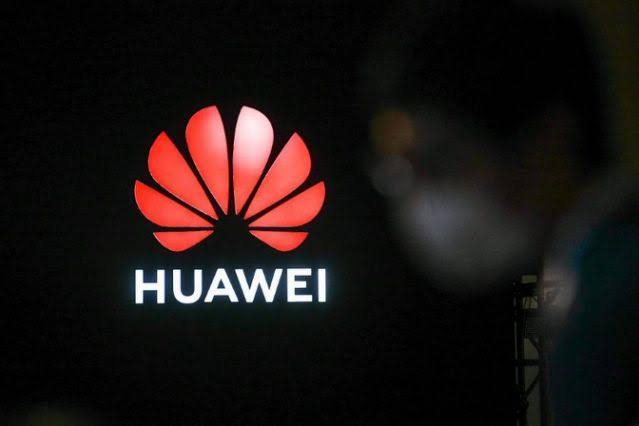The new safety law that will be unveiled on Tuesday threatens telecommunications giants with heavy fines if they fail to strengthen security.
The Telecommunications Security Bill prohibits the involvement of the Chinese company Huawei in the UK’s 5G mobile network.
It also states, however that businesses that refuse to reach deadlines for higher security requirements could face enormous fines.
Some of this may be 10% of the sales, or more than £100,000 a day.
Attempts to ban Huawei from the 5G network have been ongoing for more than a year. But the new bill is the first step in enshrining such bans in law and provides details of exactly how it will work-assuming it is passed by the Parliament.
The bill grants the government national security authority, allowing it to issue orders to large telecommunications firms, such as BT, on how to use “high risk” vendors, including Huawei.
But the latest measure introduced in the bill is that any business that does not live up to standards will face substantial penalties for failure. The threatened amount of £100,000 a day will only be used in the event of “continuing contravention” the government said.
Ofcom, the communications regulator, will be given the role of law enforcement-along with the additional powers it will require to do so.
The decision to formally legislate follows months of national and foreign diplomatic wrangling about the threat to security of the organisation and its suspected ties with the Chinese state.
Initially, the United Kingdom agreed that Huawei infrastructure should be withdrawn from the critical portion of the core network and instead make up a limit of 35% of the non-core networks. The date has been set for 2023.
However, in the light of criticism from the United States, it was updated to order the full withdrawal of the Huawei package from the entire 5G network by 2027.
In recent days, Huawei has commissioned economic analysis finding that a ban on its 5G equipment would be an expensive setback to the UK’s 5G aspirations, and has launched an advertising drive with a clear warning to the government-you’re making a major mistake.
The Chinese company seemed to think that the loss of Donald Trump, whose US administration had worked so hard to ban, would make the ministers think again. If so, this bill indicates that the presumption was incorrect, but both Huawei and mobile operators will be pleased that the government has defied pressure from some Conservative MEPs to move the deadline for the withdrawal of their equipment to 2025.
Huawei could also be more focused now on ensuring that other countries in Europe do not follow the example of the United Kingdom. Meanwhile, telecom operators are continuing to sign new agreements with Nokia and Ericsson, and tend to be somewhat less vocal about their argument that cutting Huawei out of the equation will be an expensive failure.
“We are investing billions to roll out 5G and gigabit broadband across the country, but the benefits can only be realised if we have full confidence in the security and resilience of our networks,” said Digital Secretary Oliver Dowden.
“This groundbreaking bill will give the UK one of the toughest telecoms security regimes in the world and allow us to take the action necessary to protect our networks.”
The Department of Digital, Culture, Media and Sport (DCMS) reported that security responsibilities are likely to include topics such as who has access to sensitive sections of the core network, how security audits have been conducted, and the safety of consumer data.
Technical Director of the National Cyber Security Center, Dr. Ian Levy, said that “our national networks and operators need to know what is expected of them”
He added: “We are committed to driving up standards, and this bill imposes new telecoms security requirements which will help operators make better risk-management decisions.”
Huawei, however, ignored these concerns about its own operations.
“This decision is politically motivated and not based on a fair evaluation of the risks,” said Huawei Vice-President Victor Zhang.
“It does not serve anyone’s best interests as it would move Britain into the digital slow lane and put at risk the government’s leveling-up agenda.”






